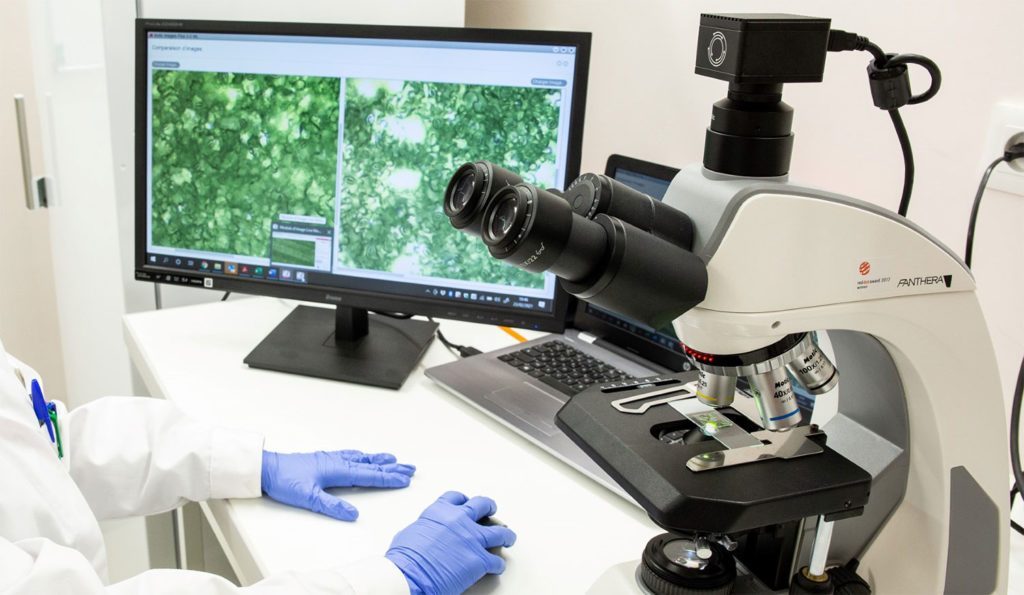Global warming is a confirmed phenomenon: the planet’s average temperature is now 1.1°C above pre-industrial levels. According to the World Meteorological Organization and the European observatory Copernicus, 2023 now holds the record for the warmest year since the end of the 19th century.
Felt across the globe, rising temperatures are increasing the frequency and intensity of extreme weather events. Floods, droughts and heatwaves now regularly make the headlines, affecting both people and crops.
Climate change has slowed global agricultural productivity by 21%
There is no doubt that agriculture will have to contend with the consequences of global warming, and the trend shows no sign of reversing. A study by American researchers has shown that climate change in the 20th century has already reduced global agricultural productivity by 21%.
Farmers are reporting lower yields all over the world, a sign of considerable losses despite a global temperature rise of only 1°C. This review of the situations brings with it a new awareness: if this trend is not curbed, global food security could be at risk.

Agronomy, irrigation, biostimulants, phytosterols… innovation at the heart of the challenge
Faced with the urgency of the situation, the agricultural ecosystem is taking steps to find solutions. Sector by sector, innovation is at the heart of the challenge to combat lack of water and optimize its availability for crops. The following non-exhaustive overview provides a global panorama of research into combating water scarcity:
- More effective agronomic practices: improved agronomic knowledge enables us to establish strategies to protect crops, such as avoidance, adapting crop rotations, and preserving soil water retention capacity.
- Cutting-edge machinery: more and more manufacturers are developing tools designed to reduce tillage. Precision weeding also limits competition for water among plants.
- Enhanced varietal selection: plant material research is increasingly focused on combating lack of water. The creation of drought-tolerant varieties is an underlying trend among all seed companies.
- More precise irrigation thanks to digital technology: decision-support tools help to model a crop’s water requirements according to soil and weather parameters. Combined with connected probes and/or new-generation nozzles, these tools make irrigation more efficient.
- Reuse of treated wastewater being trialed: reusing water from urban wastewater treatment plants is a resource for irrigation, but has yet to be adopted everywhere.
- Biostimulants being developed: derived from natural compounds, these substances support plant growth in difficult conditions. However, their effectiveness remains limited since they have no real targeted action against water scarcity.
- Highly promising phytosterols: introduced by Elicit Plant, these plant-derived molecules take direct action on plant metabolism. Their active ingredient sends messages to the plant to limit evapotranspiration, reducing water consumption (by 20%) and developing root growth to optimize the use of soil water. Phytosterols work in a unique way, placing them at the forefront of cutting-edge innovations.


